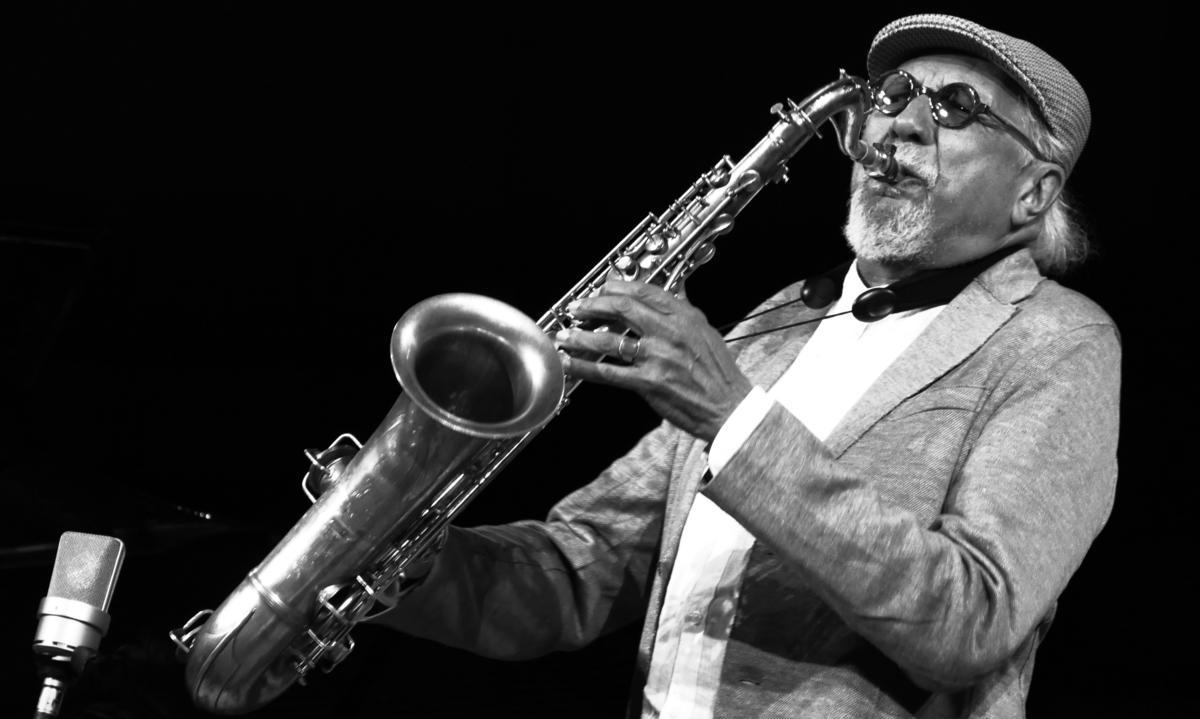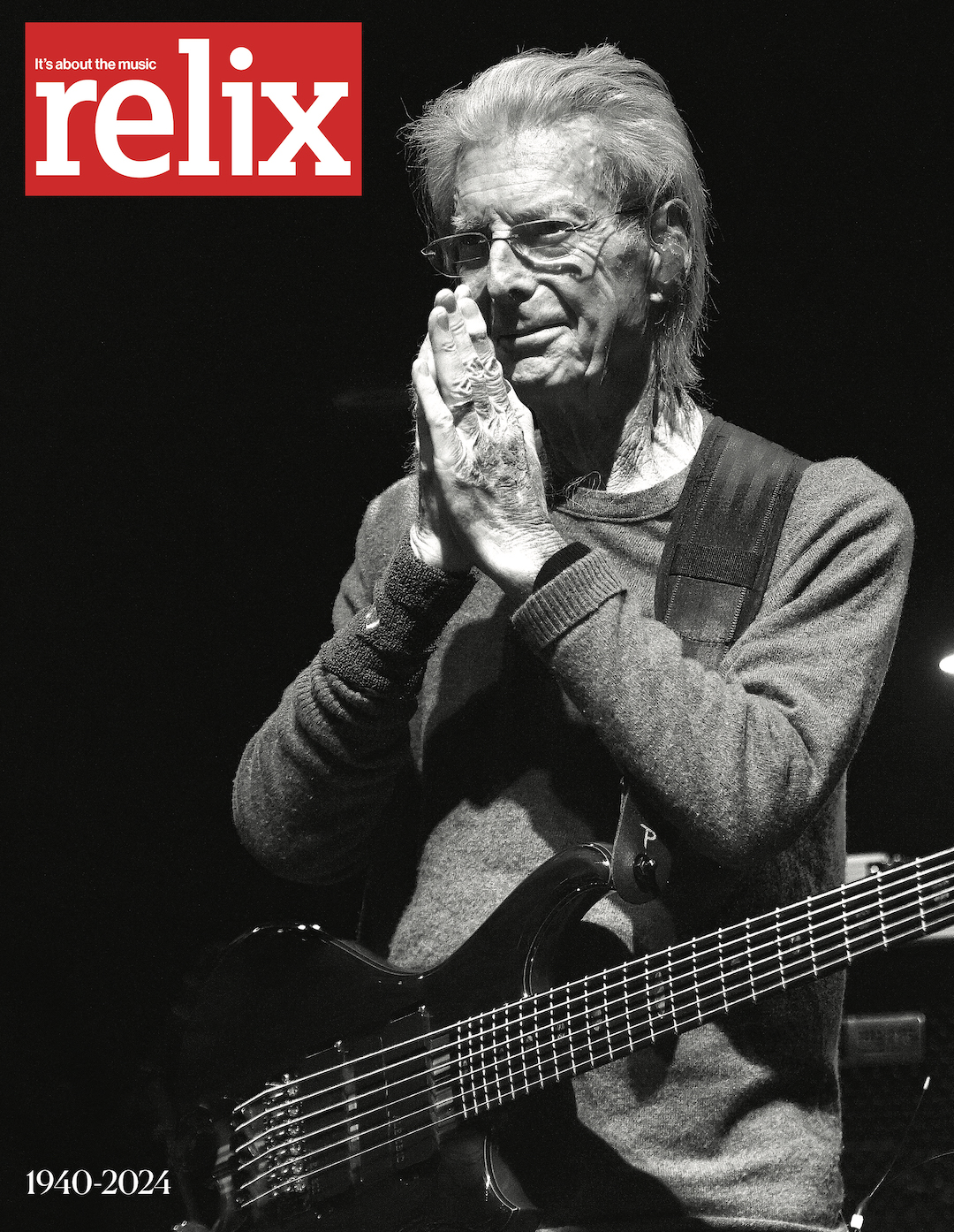Relix 44: Charles Lloyd

photo by D. Darr
Welcome to the Relix 44. To commemorate the past 44 years of our existence, we’ve created a list of people, places and things that inspire us today, appearing in our September 2018 issue and rolling out on Relix.com throughout this fall. See all the articles posted so far here.
Genre-Bending, Bucket-List Must: Charles Lloyd
None of Charles Lloyd’s groundbreaking experiments over the past six decades—his fusions of jazz, rock and Eastern elements—have been consciously designed. And that same primal “intuition” led to the 80-year-old saxophonist’s latest album, Vanished Gardens, a collaboration with roots- rock artist Lucinda Williams. “A friend turned me on to [Williams’ song] ‘Car Wheels on a Gravel Road’ when it came out 20 years ago, and I always remembered it,” he says, recalling his path to meeting the singer-song- writer. “I later came to find that there was a link with [guitarist Bill Frisell] and [pedal-steel guitarist Greg Leisz]. There are some things that can’t be explained with words. I am not a word master like Lucinda, so my explanation has to be heard in the music. There is an unusual meeting here between song and sound. We all want to see where it leads us.”
The union was solidified in April 2017, when Williams joined Lloyd and his backing band, the Marvels, during an exhilarating show at UCLA’s Royce Hall. That immediate chemistry spilled over into a run of LA recording sessions, which blurred the lines between country, jazz, folk and rock. “There was not a lot of discussion before each take,” Lloyd says of the creative process, detailing how the band reworked several of Williams’ songs from the ground up. “I like fresh impressions. The Marvels went over the songs before Lu arrived in the studio, so we were developing our imprint on the material. When [co-producer] Don Was heard us, he said, ‘Let’s bring her into your sand- box.’ It was an organic process.” But Lloyd is adamant that he and Williams never envisioned Vanished Gardens as some kind of “jazz-meets-country concept album” cooked up by a record label. Instead, it was a natural extension of the genre-less mindset he cultivated as a young artist.
“It came together organically for the love of music,” he says of the LP. “And when you love music, you love a lot of it. Coming out of the ‘60s, I always loved the way FM radio broke down barriers between genres of music by playing all of it. During one playlist, you could hear my music, followed by Ravi Shankar, followed by Dylan or Hendrix or The Band. What Lu and I have done feels unprecedented. I am not trying to make her a jazz singer, and she is not trying to convert me to her world. But we swim together in the same river knowing that, eventually, it all empties out into the same ocean of sound.”



















